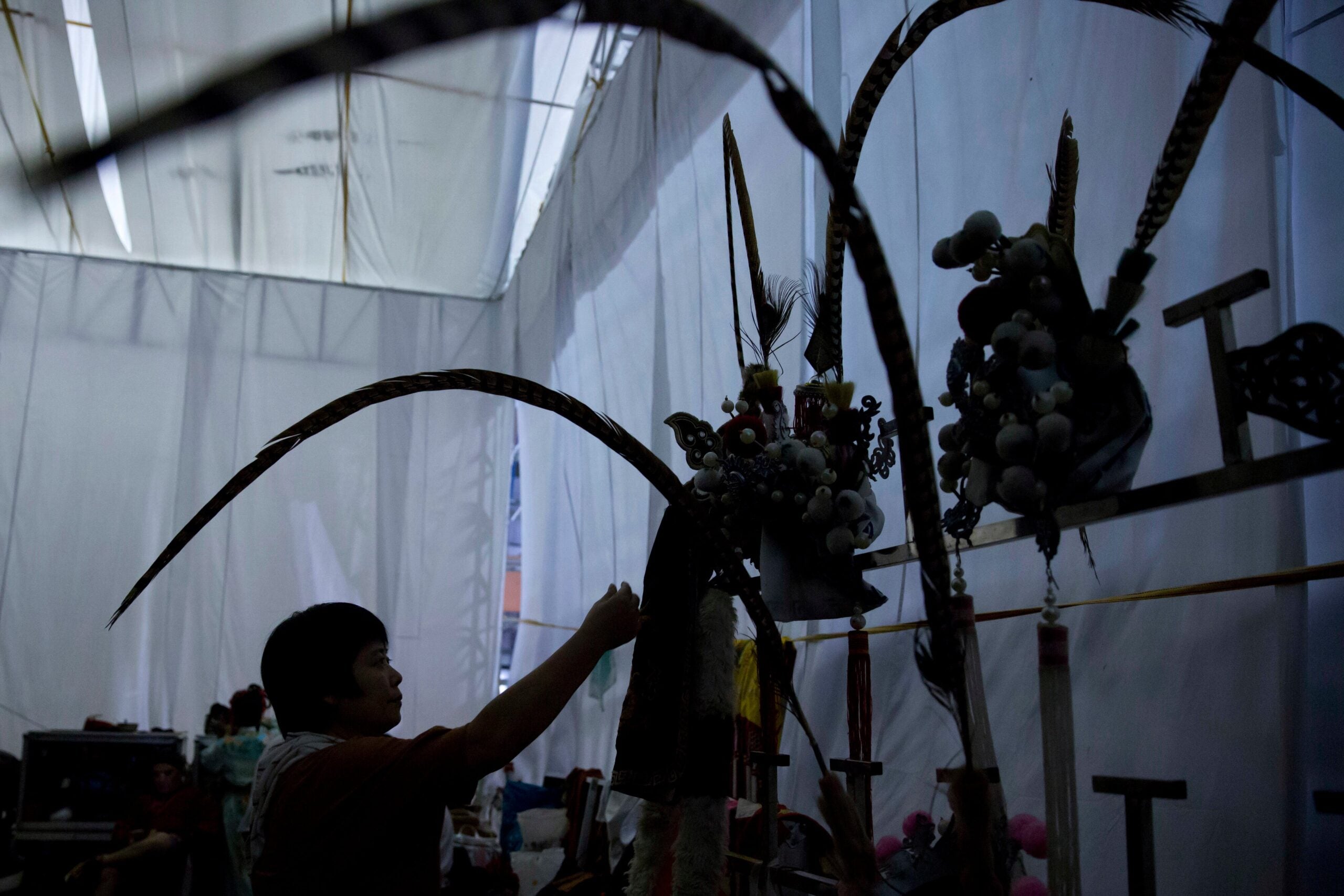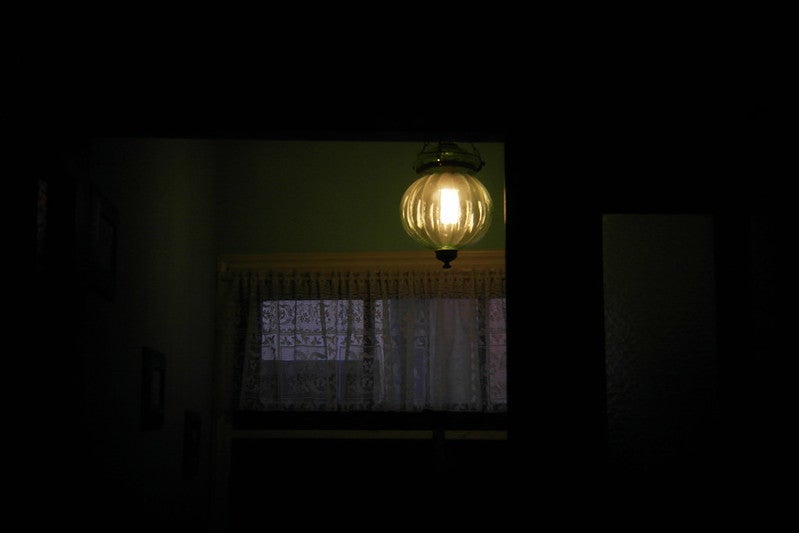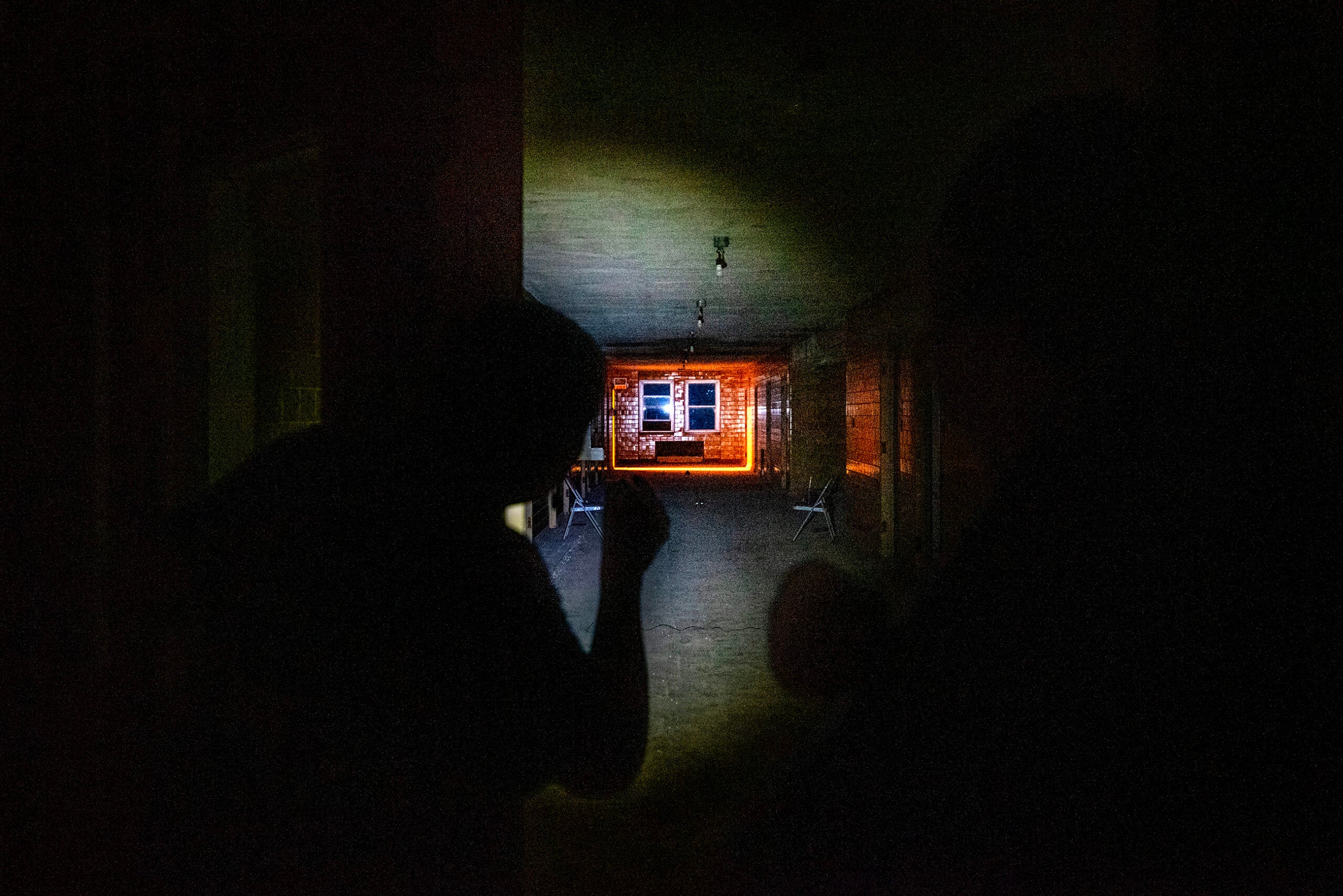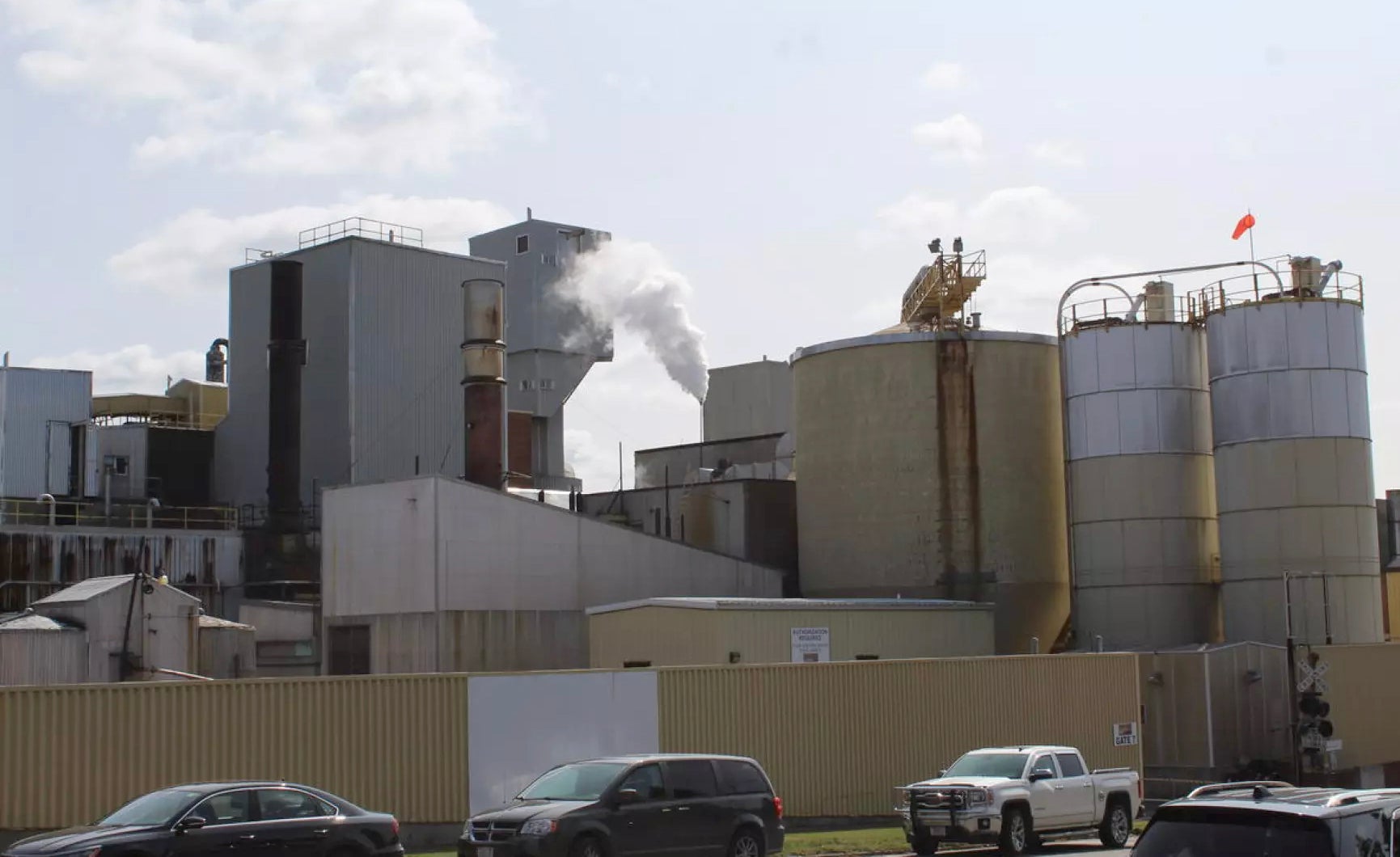The mainstream scientific community might marginalize ghost hunting, but a Wisconsin author who studies paranormal investigators said many within the profession see their work as a “pioneering scientific effort.”
Marc Eaton heads the sociology and anthropology department at Ripon College, and he wrote the book “Sensing Spirits: Paranormal Investigation and the Social Construction of Ghosts.”
Before Halloween, he joined Wisconsin Public Radio’s “Central Time,” where he said many paranormal investigators are motivated to advance science despite feeling that scientists reject their work.
News with a little more humanity
WPR’s “Wisconsin Today” newsletter keeps you connected to the state you love without feeling overwhelmed. No paywall. No agenda. No corporate filter.
“They’re confident that with the latest technologies and what might be coming down the road in five, 10 (and) 15 years, that they might be able to finally be the people who definitively prove that there’s some form of life or some form of consciousness that exists beyond death,” he said.
While there is a stigma around thinking ghosts are real, Eaton said many Americans are reported believers. One 2019 survey put the figure at 46 percent.
On “Central Time,” he broke down other myths and misunderstandings about paranormal investigators.

Technology and skepticism
Eaton said paranormal investigators he interviewed most often relied on a technology- and science-heavy approach to their work. That meant using thousands of dollars of equipment, such as electromagnetic frequency readers, night-vision cameras, motion detectors, vibration detectors and barometric pressure sensors.
But the public often misunderstands an investigator’s mindset, he said. It’s rooted in skepticism to disprove many reports of ghost activity by finding natural explanations for observed phenomena.
“(They’re) attempting to essentially separate the wheat from the chaff until you’re left with things that you can’t explain through natural means,” he said.
That’s the dominant way of investigating ghosts, though Eaton said the secondary trend in this field includes people who say they engage with ghosts through extrasensory means. Their methods differ from technology-heavy investigators, he said.
Careful what you see on TV
Some popular TV programs on ghost hunting show investigators provoking spirits, attempting to get spirits to harm someone or become angry, Eaton said. This method tries to get ghosts to act out in a way that crews can capture on video.
While there are investigators who do that, Eaton said, more investigators within the community see that as disrespectful. TV shows might try to create excitement and drama, but investigations can be more about finding deep spiritual meaning.
“Many people I talked to said, ‘If this was your grandma who was haunting this home, you wouldn’t want somebody coming in and yelling those things at her. So, why would we go in and do that?’” Eaton said. “The provoking, outlandish and thrill-seeking behavior that happens on some of the TV shows is really more taboo within the subculture.”
Wisconsin Public Radio, © Copyright 2026, Board of Regents of the University of Wisconsin System and Wisconsin Educational Communications Board.


